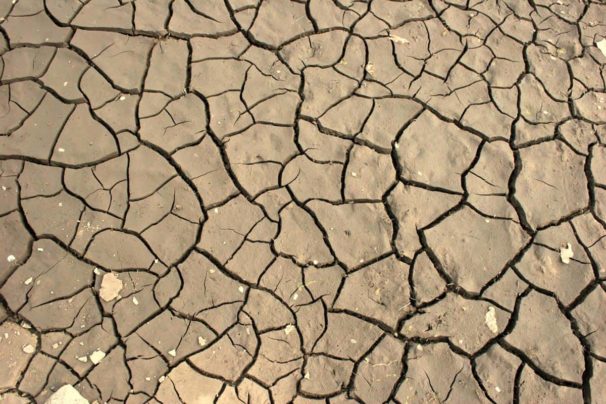Climate change in the news
Professor Tim Lenton of the University of Exeter talks about the media’s coverage of climate change and asks some of the challenging questions we face, ahead of the free online course, “Climate Change: Challenges and Solutions.” It starts again on 12 January 2015.
I love my new phone. It has an app that makes the feeding of stories related to climate change so much easier – the news about climate change continues to come thick and fast. Almost every major weather event provokes articles, editorials and discussions speculating as to whether or not we have witnessed a natural phenomenon or whether it’s a trend that can be linked to our changing climate. This continuous state of confusion in the media is one of the reasons why I was so keen to create a course on climate change.
I’d like to try and de-mystify climate change. Having said that, part of what makes climate change such a fascinating topic, is that we don’t have all the answers. Whilst our scientific understanding of systems, processes and feedback is pretty secure, the same can’t be said of the human side of the climate change equation.
During the creation of this course, I have become fascinated by some thought provoking questions – questions I want to share with you and ask you to start thinking about before the course starts.
Is there a geoengineering solution to climate change? This is certainly a question that is very much in the news at the moment. There are all kinds of science fiction type ideas floating around!
Is sea level rise the biggest threat to humanity? This is a question that scares my children. It seems like quite a simple equation to them. The ice caps melt and the sea level rises as a result. Explaining to them that it’s not that simple is a different matter. But, even if we accept that sea levels are rising, is this really the biggest threat to populations and economies?
Finally, it is 20 years since the United Nations introduced Agenda 21, with its mantra: “Think global, act local.” The question I’d like you to consider is: how relevant is Agenda 21 in the context of climate change?
I’m really looking forward to the course starting and engaging in discussion about these questions and, I’m sure, many others.
“Climate Change: Challenges and Solutions” starts again on 12 January 2015 – join the course now.





